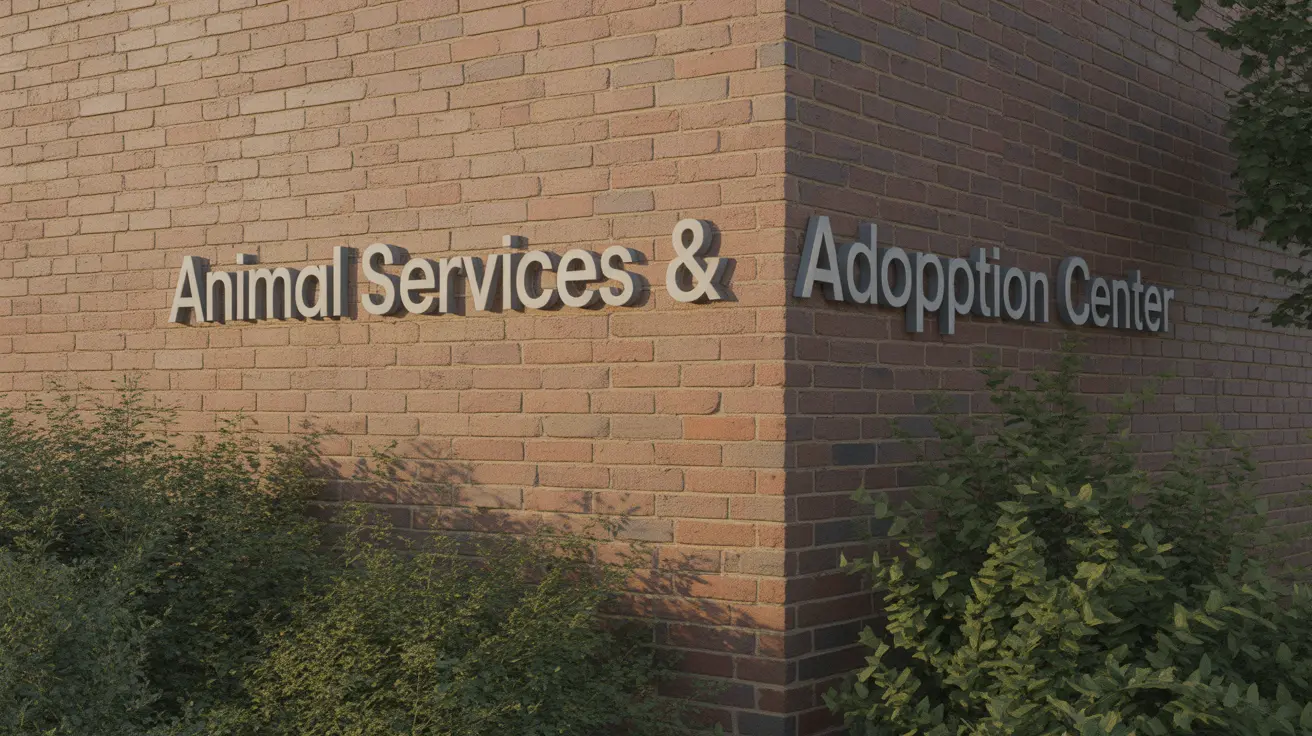What to Do If Your Dog Is Not Eating Food
When your dog refuses to eat, it can be both confusing and upsetting. Understanding the potential causes and knowing appropriate strategies to encourage eating can help restore your dog’s appetite and ensure their health is maintained.
Common Reasons Dogs Stop Eating
1. Illness or Disease
- Infections or fevers
- Liver, kidney, or pancreatic disease
- Cancer or gastrointestinal problems
- General pain or systemic illness
If symptoms include vomiting, diarrhea, or lethargy, consult a vet immediately.
2. Dental Issues
- Broken or loose teeth
- Severe gingivitis
- Oral tumors or abscesses
Dental pain can make chewing difficult. Watch for signs like drooling or bad breath.
3. Behavioral and Environmental Factors
- Changes in routine or location
- Stress, anxiety, or recent household additions
- Loud noises or disruption
Dogs are sensitive to their environment. Creating a calm feeding space can help.
4. Picky Eating and Over-Treating
- Frequent feeding of human food or treats
- Inconsistent feeding times
- Frequent switching of food brand or formula
Limit treats to ensure your dog stays hungry for meals.
How to Encourage Eating
Try one or more of the following techniques to entice your dog to eat:
- Warm their food to enhance aroma
- Add low-sodium broth or tuna water over dry food
- Offer canned or wet food or mix it with kibble
- Hand-feed or use food puzzle toys
- Serve smaller, frequent meals for sick or elderly dogs
Maintaining a clean, calm and consistent feeding area is critical for success.
When to See a Vet
Seek immediate veterinary help if:
- Your dog hasn’t eaten in over 24 hours (12 hours for puppies)
- There are other symptoms like vomiting or diarrhea
- Your dog refuses both food and water
- There is rapid weight loss or lethargy
Never attempt to force-feed. Your vet may prescribe appetite stimulants or suggest a new diet.
Special Considerations
Older Dogs: Pain from arthritis or dental disease, reduced sense of smell, or cognitive decline may reduce appetite. Raised bowls, regular schedules, and easy access to food help.
After Vaccination: Mild appetite loss is normal post-vaccination and usually resolves quickly.
Gastrointestinal Upset: Nausea from ingesting inappropriate items or infections may require urgent care.
Always ensure fresh, clean water is available. Monitor your dog’s behavior and appetite daily, and when in doubt, consult your vet to ensure your pet stays healthy and safe.





